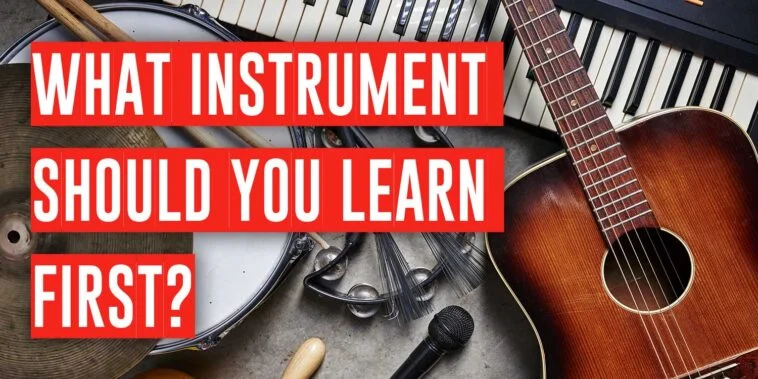Music lessons can be an incredibly rewarding experience for both instructors and students. For instructors, the opportunity to share their knowledge and passion for music with others can be deeply fulfilling. For students, learning to play an instrument or sing can be a source of joy, accomplishment, and personal growth.
But as with any type of education, success in music lessons depends in large part on effective lesson planning. In this article, we will explore some tips for both music instructors and students on how to create a successful music lesson plan.
Tips for Instructors
- Set Clear Goals
One of the most important aspects of creating a successful music lesson plan is setting clear goals. Whether you are teaching a group lesson or working with an individual student, it’s essential to have a clear understanding of what you want your students to accomplish during the lesson.
This might involve identifying specific skills or techniques to work on, selecting appropriate repertoire, or setting performance goals. By setting clear goals, you can help your students stay focused and motivated during the lesson, and provide a sense of structure and direction.
2. Use a Variety of Teaching Methods
Effective music lessons often involve a variety of teaching methods to accommodate different learning styles and abilities. This might include using visual aids or demonstrations, providing hands-on instruction, or using technology to enhance the learning experience.
By using a variety of teaching methods, you can help your students stay engaged and interested in the material, and provide opportunities for them to learn in ways that are best suited to their individual needs and abilities.
3. Provide Adequate Feedback
Feedback is an essential part of the learning process, and effective music instructors understand the importance of providing regular and constructive feedback to their students. This might involve providing feedback on technical skills, performance, or musicianship.
By providing regular feedback, you can help your students identify areas for improvement, build confidence, and stay motivated to continue learning and practicing.
4. Create a Positive Learning Environment
Creating a positive and supportive learning environment is essential for fostering growth and development in music students. This might involve providing encouragement and positive feedback, celebrating students’ achievements, and fostering a sense of community among students.
By creating a positive learning environment, you can help your students feel more comfortable taking risks and trying new things, which can be essential for growth and progress in music lessons.
5. Provide Opportunities for Performance
Performance is an important aspect of music education, and effective music instructors understand the importance of providing opportunities for their students to perform. This might involve organizing recitals or concerts, or encouraging students to perform for each other during lessons.
By providing opportunities for performance, you can help your students build confidence, develop their musicianship, and deepen their appreciation for music as an art form.
Tips for Students
- Set Realistic Goals
Setting realistic goals is an essential part of a successful music lesson plan for students. Whether you are learning to play an instrument or sing, it’s important to have a clear understanding of what you want to accomplish during each lesson.
This might involve identifying specific skills or techniques to work on, selecting appropriate repertoire, or setting performance goals. By setting realistic goals, you can stay motivated and focused during the lesson, and provide a sense of structure and direction.
2. Practice Regularly
Practice is an essential part of learning any instrument or developing any musical skill. Effective music students understand the importance of regular practice and make it a priority in their daily routine.
This might involve setting specific practice goals, using practice materials and resources, or seeking feedback from instructors. By practicing regularly, you can build your skills and musicianship, and make progress toward your goals.





Leave a Reply